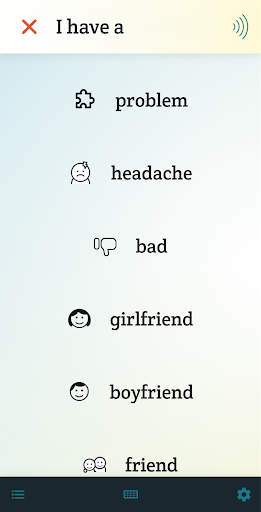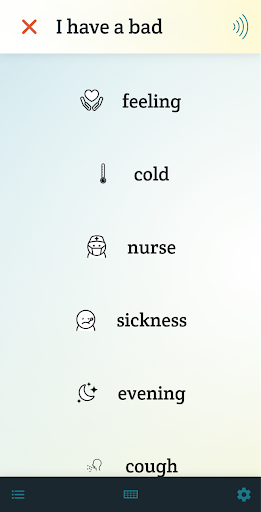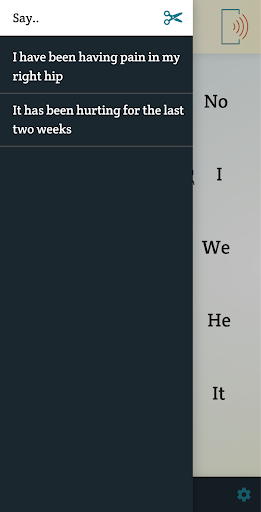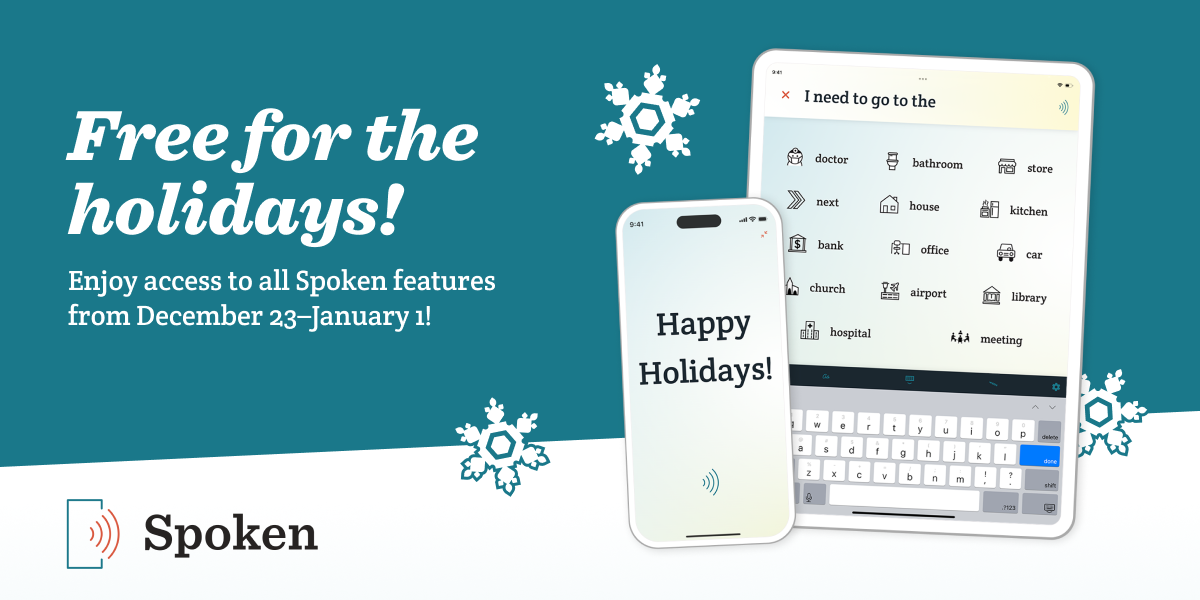Going to the Doctor When You Can’t Speak
Most everyone has been to the doctor’s office. No one really likes to, but it’s a necessity when you’re not feeling well or need medical advice. A big part of not feeling well, and getting better, is being able to communicate what is wrong to your medical provider. The doctor can order tests and listen to your heartbeat, but clearly communicating feelings and symptoms is a vital part of finding out what’s wrong and charting a path to get better. You may have symptoms that the doctor is unaware of or that can’t be discovered through a physical examination. Or, you may have symptoms of a mental health illness that are even harder to see during the course of a physical exam.
But, what if you can’t speak?
Obviously, not being able to speak makes it difficult to communicate. Communication is important in many arenas, but effective communication with medical professionals could be the difference between feeling better and feeling like your diagnosis is unresolved.
At Spoken, we make software that helps people communicate complex thoughts and ideas quickly and precisely. Our app is different because it gives you what you want, the ability to relay your thoughts quickly without having to navigate through clumsy menus and badly designed boards. Other text-to-speech apps are designed with juveniles in mind. As you would expect, expressing complex thoughts and ideas (like symptoms of a disorder) is difficult with technology that limits you to a vocabulary meant for a child.
One great feature of Spoken is its ability to get context-specific word predictions. So, you might see where this is going. Spoken will automatically predict words related to a doctor visit if that context is selected! Furthermore, if you turn on location-based predictions the app will detect your location and update the predictions automatically.
Let’s take a look at how this might work.
When you get to the doctor’s office you can go to the settings in Spoken, scroll down to “Predict Words For:”, and select the “Medical” option. Or if you have the “Change Context Based on my Location” option turned on, the app should choose the right context for you.
With the context-based predictions turned on, you might get predictions like “problem” or “headache” after you enter “I have a.”

If you select “bad” as the next word you might get predictions like “cold”, “cough”, or “feeling.”

Another helpful feature in Spoken is the ability to save phrases. This could be helpful in a medical setting if you pre-enter a phrase or phrases you might want to say to the doctor. When the time comes, simply tap the saved phrase you want to easily speak it.

These are just a couple examples of how powerful Spoken can be in a setting like the doctor’s office. The app easily lets you communicate complex thoughts and feelings with precision. Check out the other context-specific word prediction settings to aid you at the store, restaurant, or school.
About Spoken
Spoken is an app that helps people with aphasia, nonverbal autism, and other speech and language disorders.


